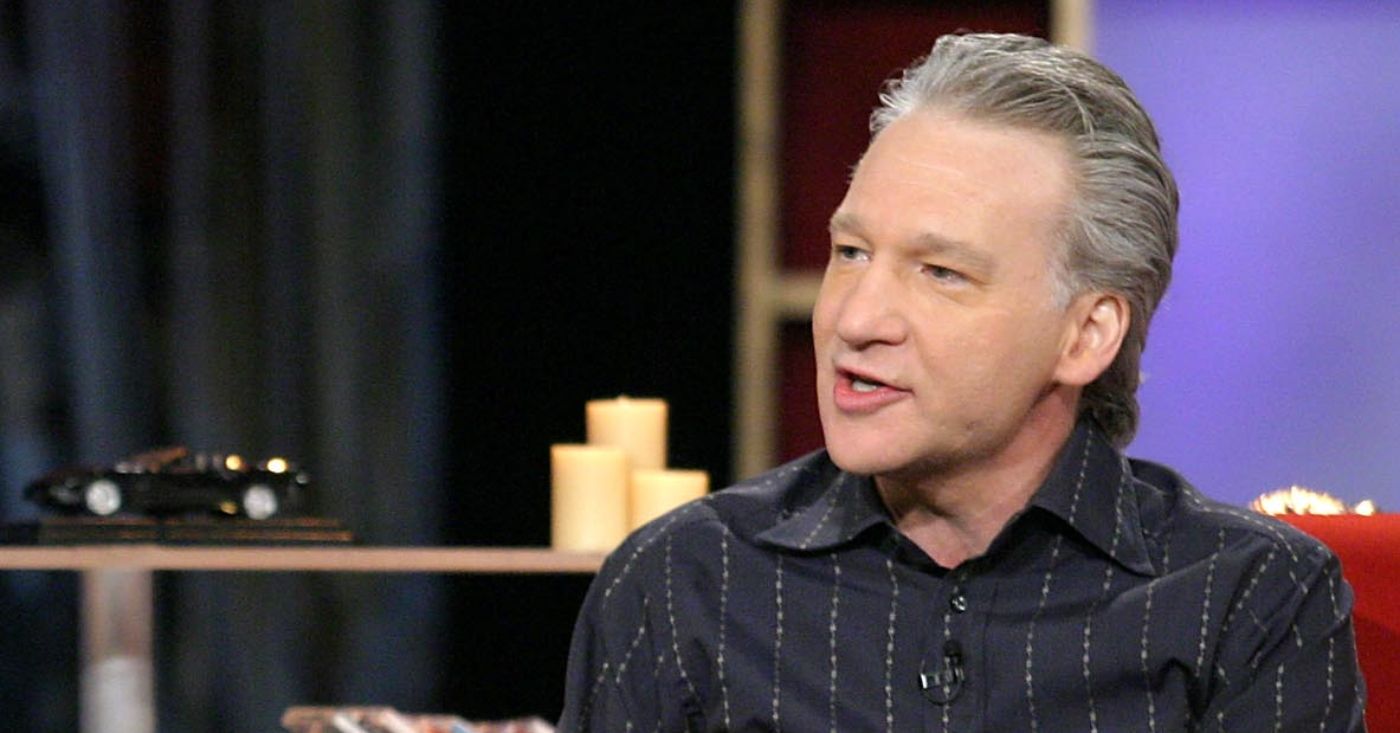Charlie Munger, the legendary investor, legal expert, and business magnate, had a net worth of $2.7 billion at the time of his passing at the age of 99 on November 28, 2023. Best known as Warren Buffett’s closest confidant and the Vice-Chairman of Berkshire Hathaway, Munger played an instrumental role in shaping one of the most successful investment firms in history. His impact on finance, business strategy, and philanthropy remains profound.
What Shaped Charlie Munger’s Early Life and Career?
Born on January 1, 1924, in Omaha, Nebraska, Charles Thomas Munger demonstrated brilliance from an early age. After serving in the U.S. Army during World War II, he pursued law, graduating magna cum laude from Harvard Law School in 1948. His legal acumen led him to join Wright & Garrett, which later became Musick, Peeler & Garrett. However, his passion for finance eventually overtook his legal pursuits.
Munger transitioned from law to investment management, initially partnering with Otis Booth in real estate development. He later co-founded the investment firm Wheeler, Munger, and Company with Jack Wheeler, laying the foundation for his long-term career in financial management.
How Did Charlie Munger’s Partnership with Warren Buffett Begin?
Munger and Buffett had a unique history; both grew up in Omaha and even worked together as teenagers at Buffett’s grandfather’s grocery store. Their professional collaboration, however, took root in 1959 when they reconnected at a dinner party. By this time, Munger had moved back to Omaha and was deeply involved in financial investments.
Munger successfully managed his own investment fund for a decade, generating an impressive 19% annual return. Recognizing his financial prowess, Warren Buffett invited him to join Berkshire Hathaway in 1978 as Vice-Chairman. This decision marked the beginning of a decades-long partnership that propelled the company to exceptional financial success, averaging a 20% annual return from 1965 to 2021.
What Were Charlie Munger’s Key Contributions to Berkshire Hathaway?
Munger’s role at Berkshire Hathaway extended far beyond being Buffett’s right-hand man. He played a pivotal role in transforming the company’s investment philosophy, emphasizing the importance of buying quality businesses at fair prices rather than focusing solely on undervalued stocks. This shift in strategy contributed significantly to Berkshire Hathaway’s long-term growth.
Apart from Berkshire Hathaway, Munger also held influential positions, serving as the chairman of Wesco Financial Corporation from 1984 to 2011, chairman of the Daily Journal Corporation, and a director at Costco Wholesale Corporation. His business insights and ability to identify high-value investments made him a revered figure in the investment world.
What is the Story Behind Munger’s Montecito Development, Sea Meadow?
In the late 1980s, Charlie Munger ventured into real estate development by creating Sea Meadow, an upscale, oceanfront community in Montecito, California. Spanning 22 acres, this gated community has become one of the most desirable residential areas in the region.
Homes in Sea Meadow regularly sell for $10–20 million or more, reflecting the exclusive nature of the development. Residents pay a monthly homeowners’ association (HOA) fee of $2,700 for the maintenance of this luxurious enclave. In December 2021, Munger himself purchased a home in Sea Meadow for $11 million, demonstrating his deep connection to the project.
How Did Charlie Munger Give Back Through Philanthropy?
Munger was widely known for his generosity, having donated hundreds of millions of dollars to various institutions. A significant portion of his Berkshire Hathaway Class A shares went toward educational and philanthropic causes. Some of the major beneficiaries of his philanthropy include:
- The University of Michigan
- The University of Michigan Law School
- Polytechnic School in Pasadena
- Stanford University
- The University of California, Santa Barbara (UCSB)
One of his most controversial philanthropic acts was his $200 million donation to UCSB in 2016. The gift came with the condition that the university construct a dormitory based on his unique design, which featured windowless bedrooms. The proposal led to significant backlash, even prompting the university’s longtime architectural designer, Dennis McFadden, to resign in protest.
What Was Charlie Munger’s Investment Philosophy?
Munger’s investment philosophy was built on rationality, patience, and deep research. He often emphasized the importance of acquiring knowledge and making decisions based on long-term value rather than short-term market trends. Some of his key investment principles included:
- Investing in high-quality businesses – He believed in owning shares of companies with strong fundamentals and competitive advantages.
- Avoiding unnecessary risks – Munger stressed the importance of understanding investments thoroughly before committing capital.
- Thinking independently – He encouraged investors to develop independent thought processes and avoid following market hysteria.
- Lifelong learning – He was an advocate of continuous education, famously advising people to “go to bed a little wiser each day.”
What is Charlie Munger’s Lasting Legacy?
Charlie Munger’s influence extends far beyond his financial success. He played a crucial role in shaping modern investment strategies, emphasizing intelligence, patience, and ethical decision-making. His partnership with Warren Buffett turned Berkshire Hathaway into one of the most successful companies in history, creating immense value for shareholders.
His philanthropic efforts, although sometimes controversial, demonstrated his commitment to education and societal betterment. Whether through his donations, real estate developments, or investment insights, Munger left behind a legacy of financial wisdom and strategic foresight.
Conclusion
Charlie Munger’s journey from a Harvard-educated lawyer to one of the most respected investors of all time is a testament to his intellectual curiosity, financial acumen, and unwavering principles. With a net worth of $2.7 billion at the time of his passing at 99, he not only shaped the investment world but also left a profound impact on philanthropy and real estate. His legacy will continue to influence generations of investors and business leaders for years to come.










